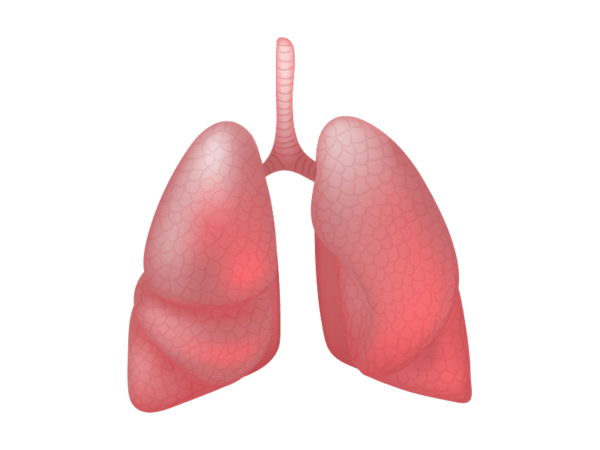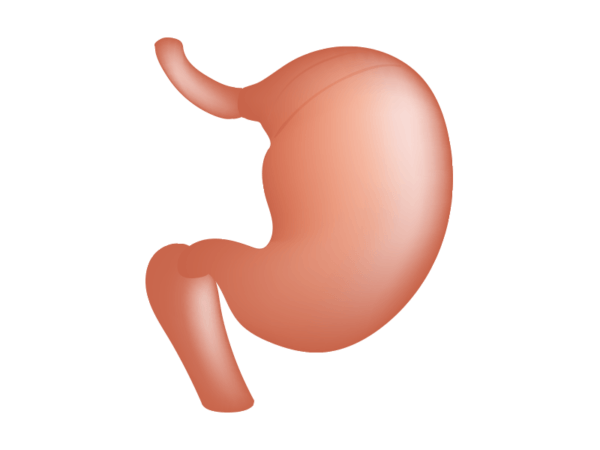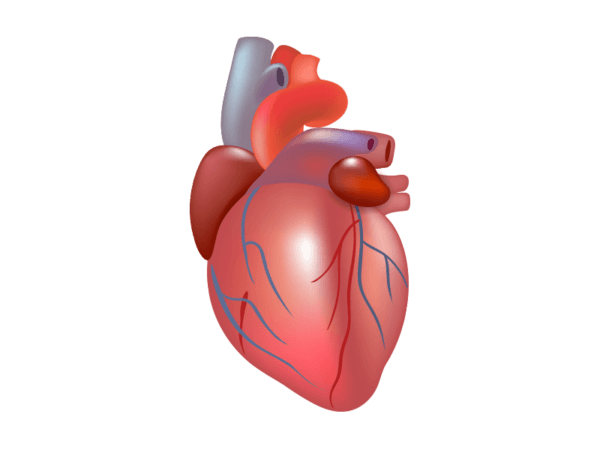What is the Definition of Mesothelioma?
A mesothelioma diagnosis can come as a shock and leave you and your family searching for answers. You may be wondering how you developed mesothelioma, what the prognosis is, and what the treatment options are. It is vital that you keep hope during this difficult time. Mesothelioma is not the death sentence it once was. There are many resources available for patients and their loved ones. We can help you access them.
Mesothelioma Help Center provides information about mesothelioma diagnosis, treatment, and financial and legal assistance. On this site you can learn about asbestos exposure and the different types of mesothelioma, connect with local mesothelioma medical experts, and find ways to pay for treatment.
If you’ve landed on this page, then you or a loved one has likely been diagnosed with mesothelioma. We understand that a cancer battle brings a wide range of physical, emotional, and psychological challenges. You are not alone in your fight against mesothelioma. We are here to help.
The more you know about mesothelioma—including how it was caused, your disease type and treatment options, and where to find financial and legal assistance—the better positioned you will be to take meaningful action. Mesothelioma patients are living longer and healthier lives than ever before. There are reasons to have hope.
Mesothelioma is Caused by Asbestos Exposure
Exposure to asbestos is the only known cause of mesothelioma. But because mesothelioma takes 20 – 50 years to develop following asbestos exposure, knowing exactly how you were exposed can be difficult.
Many mesothelioma patients inhaled or ingested asbestos fibers at work. While numerous lines of work entailed exposure to asbestos, some occupations exposed workers more than others. The occupations most at risk for asbestos exposure include:
- Shipbuilding and Repair
- Construction
- Industrial Workers
- Power Plant Workers
- Fire Fighters
- Auto Mechanics
Nearly 30 million workers may have exposed to asbestos from 1940 to 1979, the period of peak U.S. asbestos use. Not only were workers directly exposed, but they also exposed their family members through asbestos fibers brought home on their body and clothing (secondary exposure). Asbestos exposure was also widespread in the military. In fact, veterans represent about 1/3 of all mesothelioma deaths.
Asbestos companies knew for decades that their products could kill people, but they did not provide warnings or protective gear. Mesothelioma patients are victims of the asbestos industry and are eligible to seek compensation through trust funds and legal claims. To recover compensation, however, it is necessary to prove that you were exposed to a company’s asbestos products. The same is true if you were exposed to asbestos in the military and want to claim VA benefits.
Mesothelioma victims are advised to speak with a legal advocate who will help them gather evidence and get their claims approved.
Mesothelioma Types and Symptoms
Mesothelioma is a cancer of the mesothelial cells that line the lungs, stomach, heart, and other organs. There are three main types of mesothelioma: pleural, peritoneal and pericardial. A fourth but very rare type of mesothelioma affects the testicles.
While there is no cure for mesothelioma, treatment can ease symptoms and improve a patient’s life expectancy. Early diagnosis improves prognosis, but many patients and doctors do not suspect mesothelioma initially due to the disease’s long latency period. Mesothelioma symptoms also mimic the symptoms of other, more minor ailments.
If you experience any of the symptoms described below and suspect that you were exposed to asbestos in the past, you should mention your possible asbestos exposure to your doctor.
Pleural Mesothelioma
Pleural mesothelioma affects the mesothelial lining of the lungs and is the most common form of the disease. About 75% of patients diagnosed with mesothelioma have pleural mesothelioma, which is caused by the inhalation of asbestos fibers. Symptoms of this type of mesothelioma include:
- Shortness of breath
- Sudden or unexplained weight loss
- Fatigue
- Pain in the lower back or side of the chest
- Dry cough or wheezing
- Fever/night sweats
- Fluid around the lungs (pleural effusion)
Peritoneal Mesothelioma
Peritoneal mesothelioma affects the mesothelial lining of the abdomen and is caused by the ingestion of asbestos fibers. About 15-20 percent of mesothelioma patients have this form of the disease. Symptoms of peritoneal mesothelioma include:
- Abdominal pain or swelling
- Buildup of fluid in the abdomen (ascites)
- Sudden/unexplained weight loss
- Fever/night sweats
- Nausea and vomiting
- Diarrhea or constipation
- Fatigue
Pericardial Mesothelioma
This rare form of mesothelioma develops in the pericardium, the thin layer of tissue surrounding the heart. Only about one percent of mesothelioma diagnoses are pericardial. Symptoms of pericardial mesothelioma often mimic other heart or chest problems and may include:
- Chest pain
- Shortness of breath
- Cough
- Fluid in the pericardial space
- Fever/night sweats
- Weight loss
- Fatigue and weakness
Mesothelioma Treatment
There are several main treatment options for mesothelioma patients as well as emerging (or experimental) treatments and alternative treatments. The appropriate treatment plan for each patient depends on the type of mesothelioma they have, the stage of the disease, and the patient’s overall health.
A mesothelioma specialist will work with you to develop a treatment plan. Many mesothelioma patients undergo multimodal therapy, which combines more than one of the following treatment types:
- Surgery: Surgery to treat mesothelioma can be divided into potentially curative procedures and palliative procedures. Potentially curative surgeries are meant to improve the patient’s survival time and possibly send the cancer into remission, while palliative surgery is intended to relieve symptoms and make the patient more comfortable. Curative surgery is more aggressive—such as removing an entire lung—and may have a higher risk of complications.
- Chemotherapy: Chemotherapy uses powerful drugs to kill cancer cells and/or stop their growth. The drugs are typically administered by IV into the bloodstream or taken in pill form, but sometimes doctors deliver them locally (at the site of the cancer) as part of surgery. Chemotherapy may be used to shrink tumors before surgery (neoadjuvant therapy) or given after surgery to try and kill any cancer cells that were left behind (adjuvant therapy).
- Radiation Therapy: Radiation therapy kills cancer cells with high-energy x-rays or particles. Radiation is used as a palliative procedure to ease mesothelioma symptoms, before surgery to shrink tumors, or after surgery to kill remaining cancer cells. Mesotheliomas can be difficult to treat with radiation due to the risk of harming vital organs.
- Emerging Treatments: Promising new mesothelioma therapies are emerging such as immunotherapy, gene therapy, and photodynamic therapy. Researchers are also working to refine and improve mesothelioma chemotherapy, surgery, and radiation therapy. Patients interested in new types of treatment may be able to join a clinical trial.
In addition to conventional treatment options, mesothelioma patients may wish to try natural and alternative treatments such as:
- Meditation
- Yoga
- Nutrition and dietary supplements
- Therapeutic massage
- Acupuncture
- Herbal medicine
- Ayurveda
- Traditional Chinese medicine
- Naturopathic and osteopathic medicine
- Energy therapy (e.g. Reiki)
- Homeopathy
- Medical marijuana
Diagnosed With Mesothelioma? We Can Help.
Hope for mesothelioma patients begins with the knowledge that, with treatment, many people diagnosed with the disease live for years. The longest known mesothelioma survivor has lived with the disease for more than twenty years. Others patients have reached remission. At the very least, treatment can help to ease your suffering.
If finances are an obstacle to receiving proper treatment, we can help you. Compensation, benefits, and free or discounted services are available for mesothelioma patients and their loved ones. To learn more, download our Free Guide Book or contact us for a free consultation.
Related topics

Pleural Mesothelioma

Peritoneal Mesothelioma

